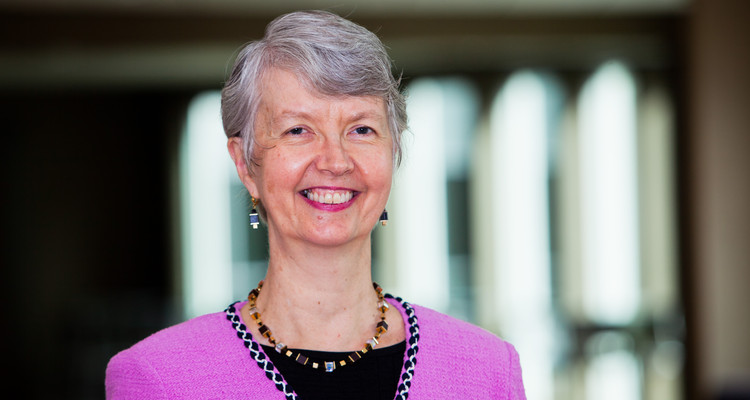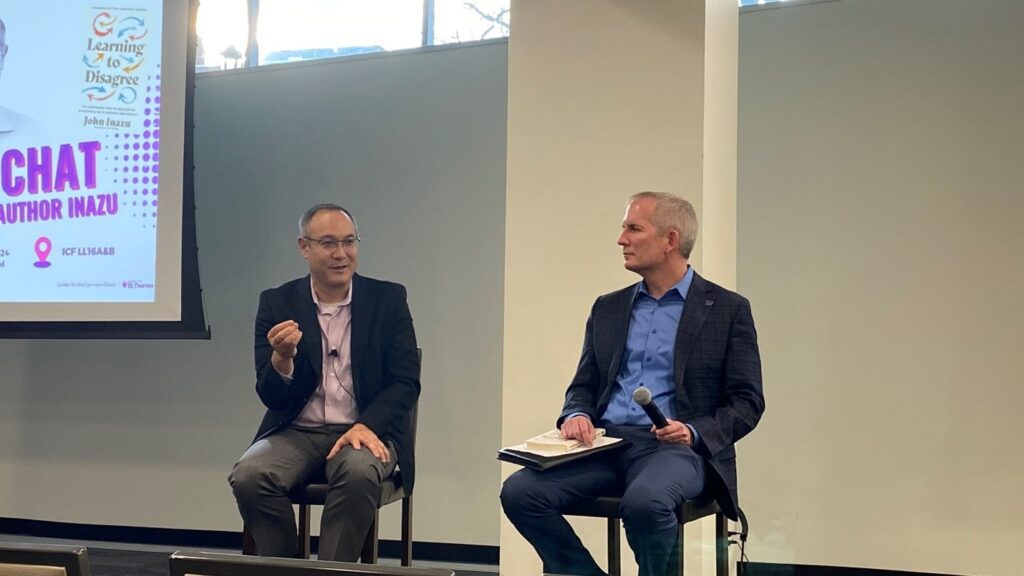Dr. Daryl Koehn grew up in rural Kansas, attending school where there were two grades in each classroom. As a child, she enjoyed finishing her work early and listening in on the grade above her. It seems that from a young age, she was destined to be a professor. One of her favorite childhood games during the summer was to play school. She and her sister, (who is also a professor), would take turns being the teacher and they would develop their own class materials.
Dr. Koehn joined the Opus College of Business as a full-time faculty member in ethics and business law development in the fall of 2010. Her post-doctorate career began at DePaul University, where she became the Chair of Professional Ethics. After spending several semesters as a visiting professor at the University of Chicago and Hong Kong Baptist University, Dr. Koehn taught at the University of St. Thomas in Texas, (no relation), before joining the team of distinguished faculty at the University of St. Thomas Opus College of Business.
Of the many, many boards and projects Dr. Koehn has been a part of throughout her career, she shared interesting details about two. She was the chair of the ethics committee for Houston’s 2012 Olympics bid. The host city had numerous decisions to make which had ethical implications. For example, how would they monitor the choices of thousands of volunteers and hold them accountable? If they behaved unethically, what leverage did the committee have?
In 2005, Dr. Koehn released a book entitled The Nature of Evil. For this work, she read huge amounts of literature and empirical and sociological works on the topic of evil. Authors such as Henry James, Patricia Highsmith, Robert Louis Sullivan and Klaus Mann offer deep insights into the nature and dynamics of evil. Dr. Koehn noted that, while some of this literature was emotionally difficult to read, she found that approaching the nature of evil from an interdisciplinary perspective was very fruitful.
When asked why she chose to teach at UST-Minneapolis, Dr. Koehn sited the exciting ethics work being done at the university and her appreciation for the student body. She enjoys the smaller class sizes, which allows the faculty to fully engage in their students’ development and encourages intimate and challenging discussions.







